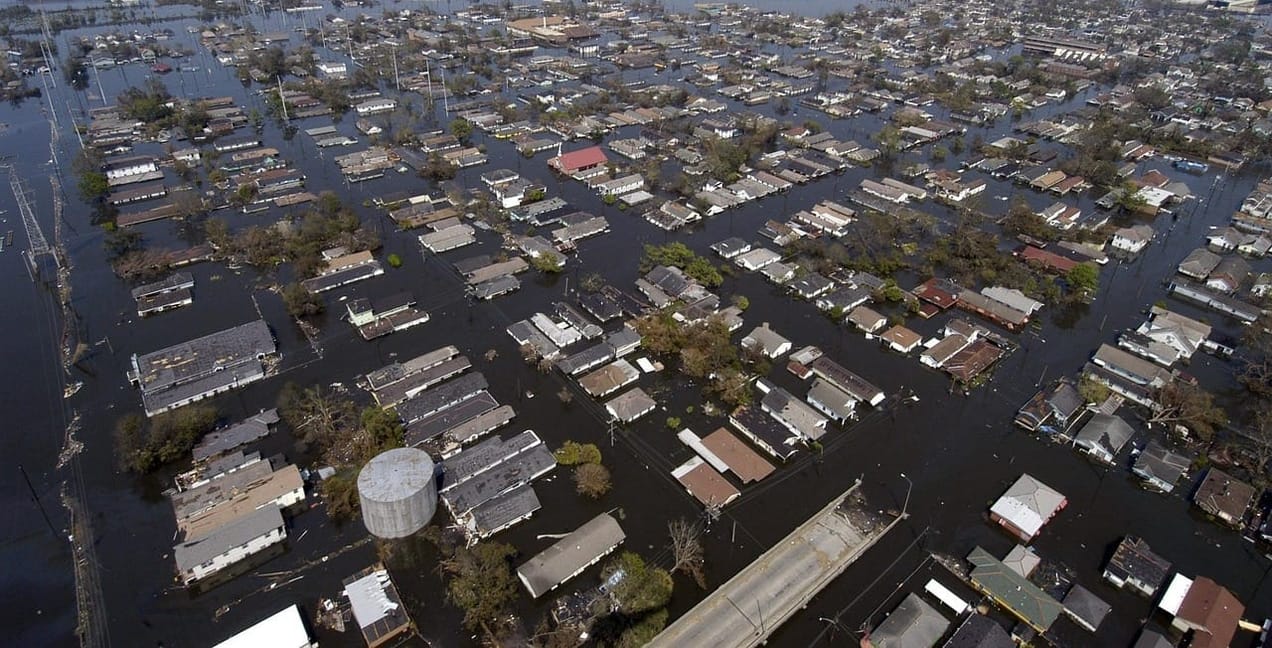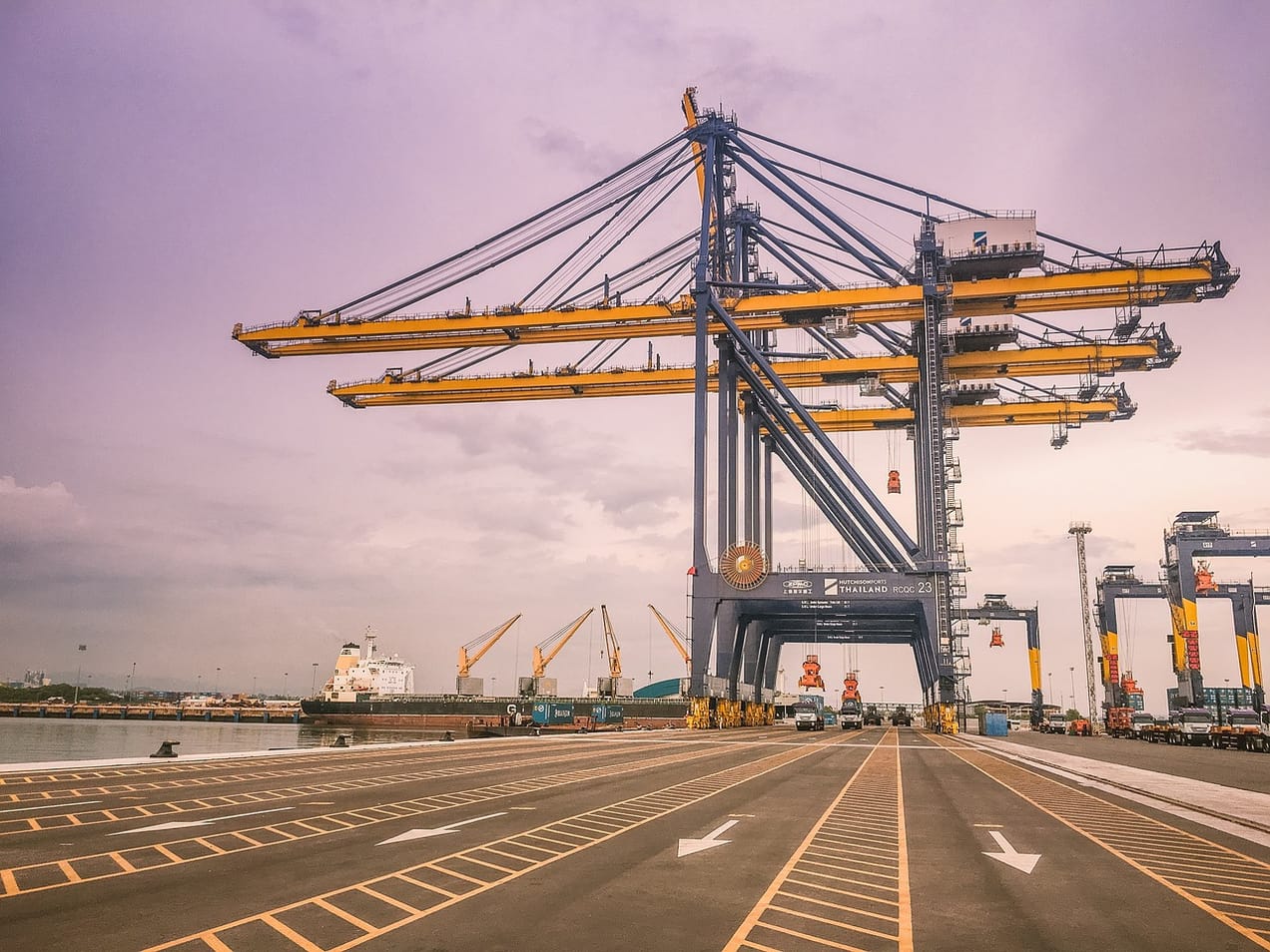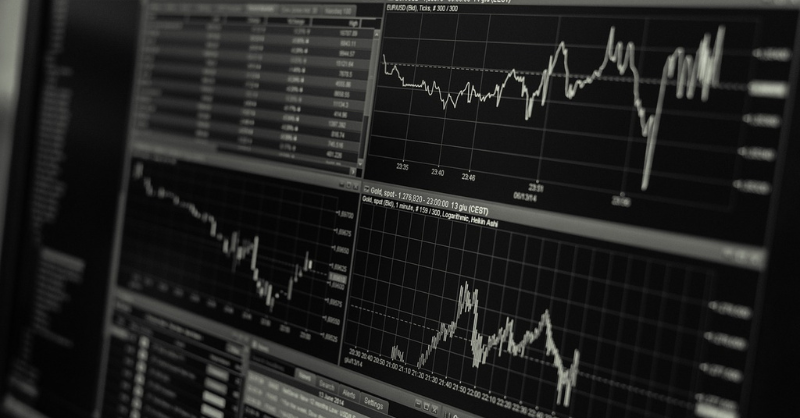Transitions/Human Rights
All about the wider issues that come out of the sustainability transitions including human rights
Sunday Brunch: how does human capital make a difference?
We know that 'people are our biggest asset' but how do we include this in financial investment cases? Traditional financial accounts give only part of the picture (the result), not the how & the why. A framework from Felix Oberholzer-Gee at HBS can help us think about human capital like an investor.
Sunday Brunch: Is self insurance a hidden investor risk?
We are increasingly reading about how many private insurance companies are massively increasing premiums, or withdrawing from some markets altogether. In some cases the government is taking up the slack, but in others it's companies via self insurance. Is this a risk investors should worry about?
Sunday Brunch: What if I cannot afford what I need?
We often mix up what as a society we need, with what we can afford. This is not about blocking sustainability actions. It's about identifying who needs to do what to make something actually happen. And we need to remember that not all decisions are purely financial.
Sunday Brunch: Sustainability, creative destruction, and Nobel prizes
Hoping that incumbent companies will change can lead to disappointment. Incremental is ok, but big changes sometimes need a new entrant. Incumbents have too much to lose. So maybe our first question should be 'will the incumbents deliver the change we want or do we need creative destruction'?
Sunday Brunch: being a win/win doesn't guarantee it happens
Some phrases mean different things to different people. Win/win is one of those. Even if an action can be shown to be a win for both a company and society, there are good reasons why management might still NOT act. We need to be clear about how the win will play out when we plan engagements.
Sunday Brunch: Sustainable investing - what is really in the share price?
We 'know' that a company's share price is determined by what happens in the future. And that this is where sustainability issues play their part, changing the likely course of the future. But how the share price responds depends on what investors are already expecting. Consensus matters.
Sunday Brunch: 'Soft' factors are really important for investors
Investors know that soft factors, such as having a happy and motivated workforce, are important drivers of a company valuation. But how do we include factors such as diversity into our investment cases? The first step is to understand the linkages. Not all soft factors are financially material.
Sunday Brunch: tariffs and the read across for sustainability
How the financial markets have reacted to the current tariff 'war' gives us some useful insights into how the sustainability transitions might play out. Of the three main alternative scenarios we suggest only one will deliver progress. The other two would lead to negative outcomes.
Sunday Brunch: valuation and sustainability are about the future - but the overlap is not perfect
Companies (and many of their shareholders) respond best to issues that impact their long term profitability. Sustainability issues are often strategic issues for companies, with clear valuation creation implications. But not all sustainability issues have financial implications.
Sunday Brunch: our future forecasts don't need to be precise...
As an investor I would rather be roughly correct than precisely wrong. Or more strictly I would rather be broadly right about the two or three things that really matter to a company, even if it meant that I got everything else wrong.
Sunday Brunch: good companies vs good investments
A bad company does not always make a bad investment. If we want to persuade investors that a low sustainability company is too risky, we need to understand the difference between price & value.
Sunday Brunch: do politicians lead or follow?
Most politicians follow not lead. And so we need to think less about our message, and more about if our proposal speaks to the values and aspirations of the wider population.











